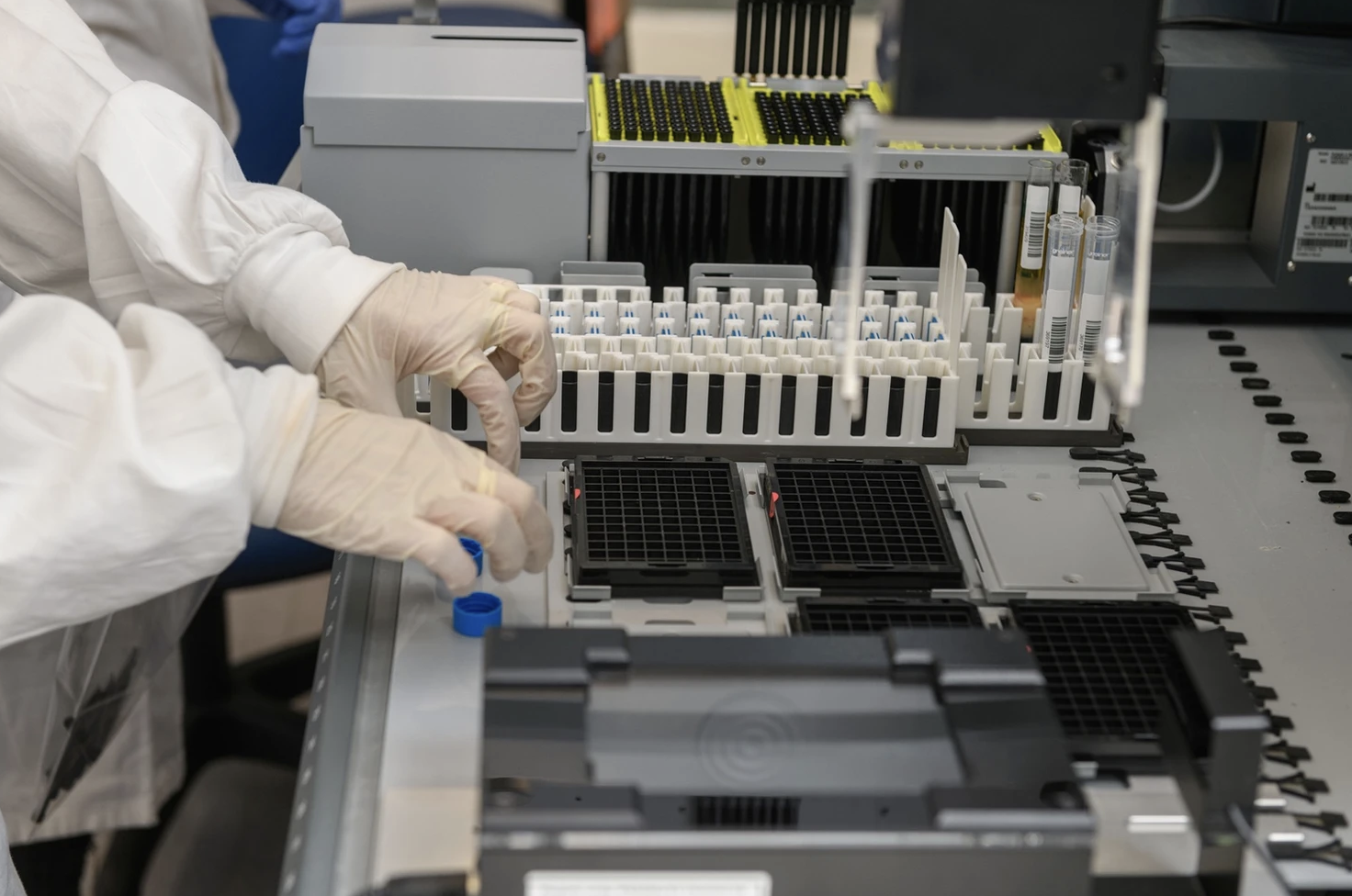Immune aging
בשיתוף:












The effects of microgravity on immune aging and Alzheimer’s disease
Immune aging
Professor Michal Schwartz, Department of Neurobiology, Weizmann Institute, Rehovot
In partnership:












The effects of microgravity on immune aging and Alzheimer’s disease
Professor Schwartz’s team studies the link between the brain and the immune system, recognizing the immune system’s crucial role in lifelong brain function and the brain’s ability to recover from injury and withstand stress. They have demonstrated that immune aging is a key determinant of the onset, severity and progression of dementia, including Alzheimer’s disease. Furthermore, while not the primary cause, immune system dysfunction or exhaustion contributes to accelerating dementia. Factors including diet, sleep deprivation, disrupted circadian rhythms and psychological stress can accelerate immune system exhaustion.
During the Rakia mission, Professor Schwartz’s team proposed to explore whether weightlessness affects the immune system and, consequently, brain function. Understanding the immunological changes induced by microgravity could reveal dietary factors that protect against these effects. The findings may help researchers uncover new activation pathways and recognize opportunities for medical interventions that could slow immune system decline, which contributes to accelerated cognitive decline in aging and Alzheimer’s disease.
Immune aging
بالشراكة:












The effects of microgravity on immune aging and Alzheimer’s disease






.jpeg)









%20(1).jpeg)
.jpeg)




-min%20(1).jpeg)
.jpeg)














